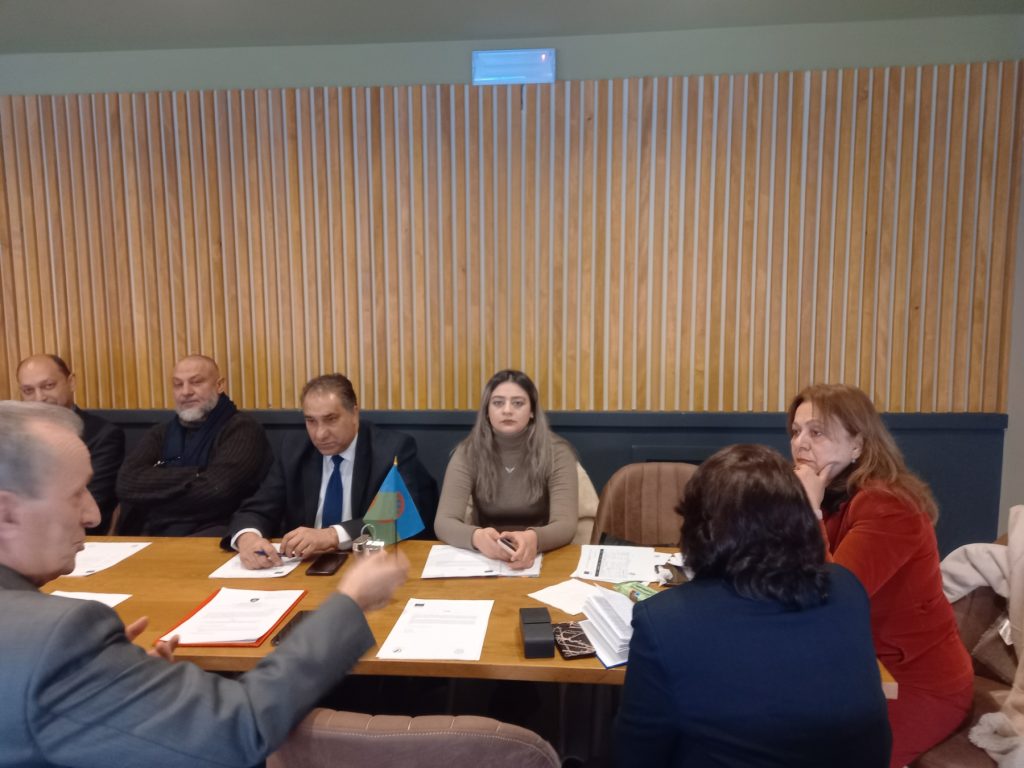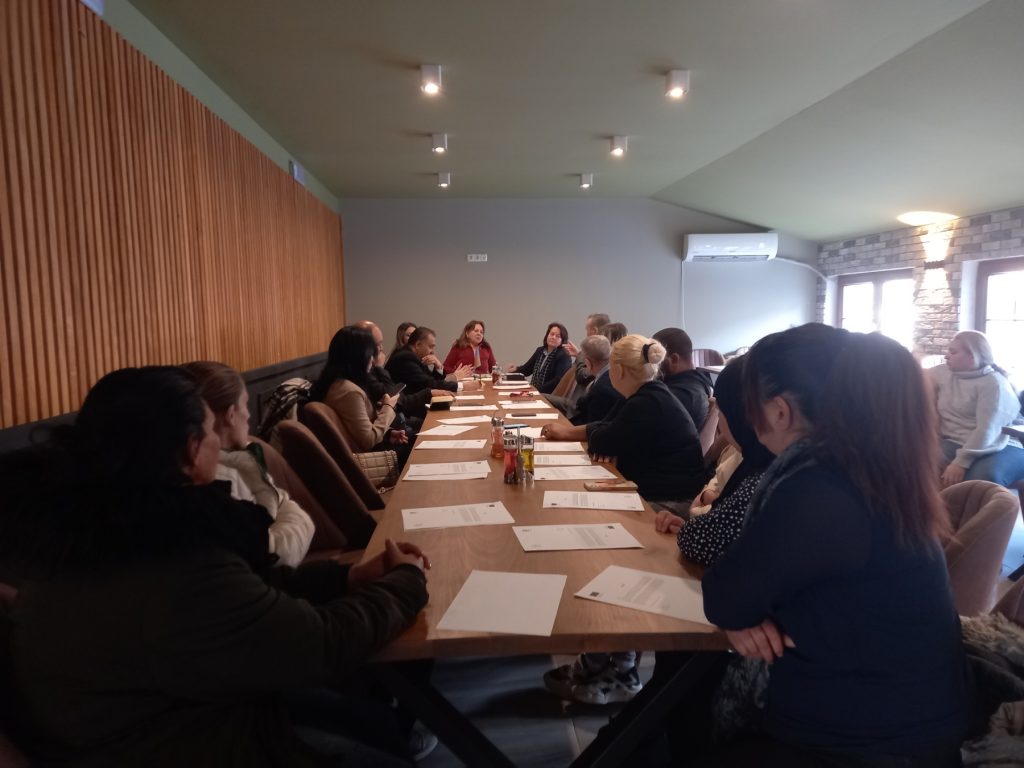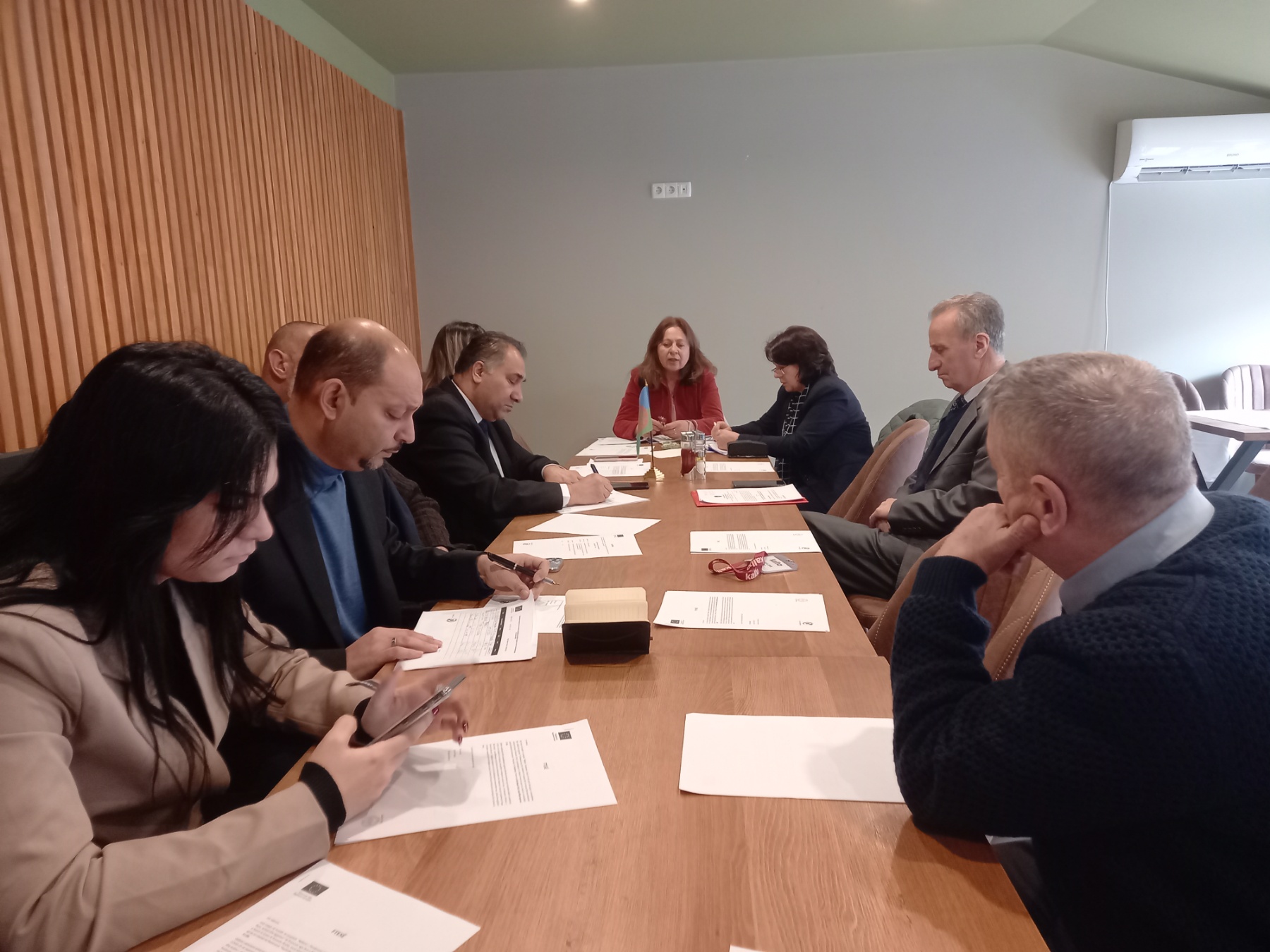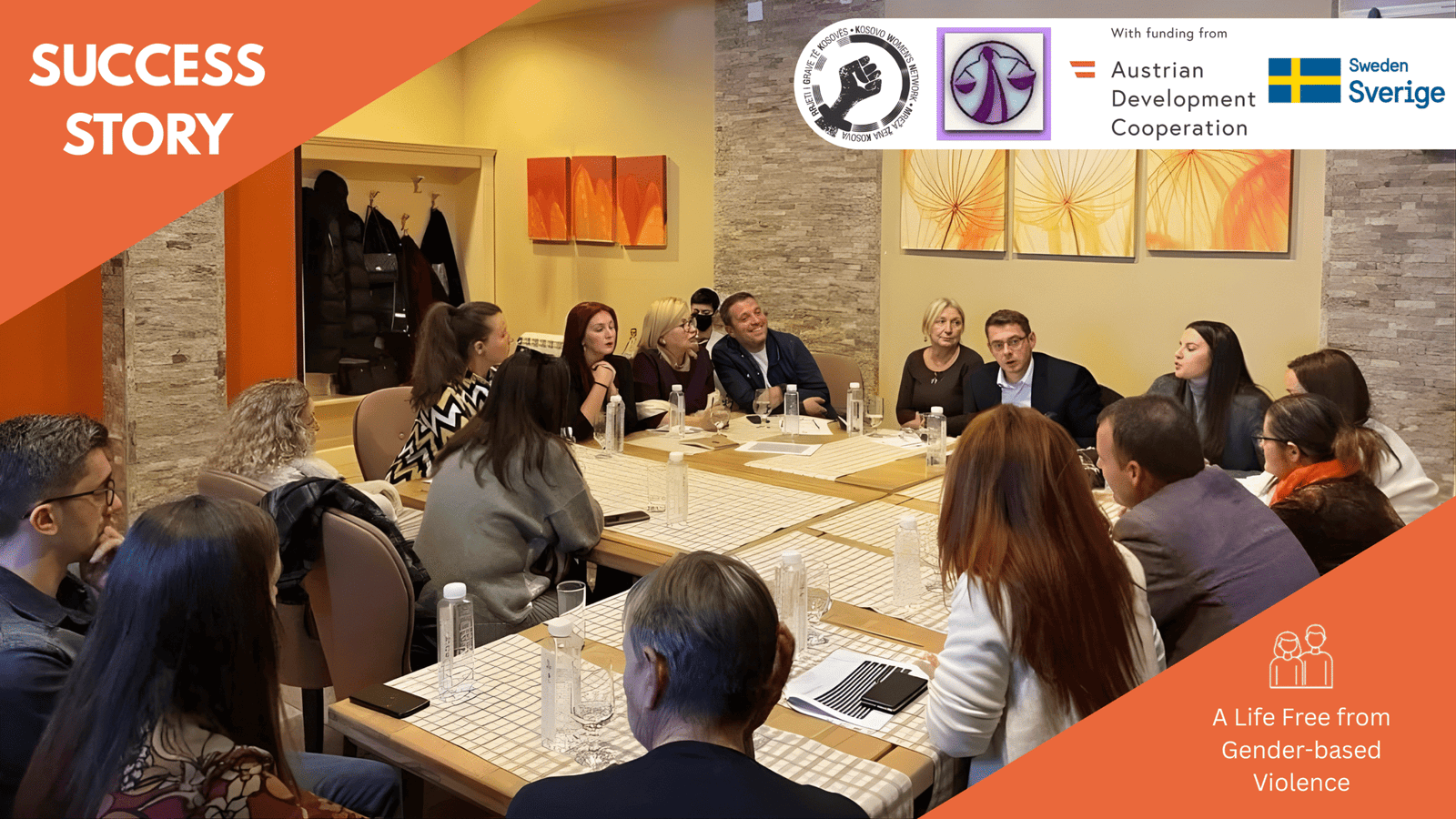On February 6th, Foleja, a member organization of the Kosovo Women’s Network (KWN), published “The impact of the COVID-19 pandemic on the implementation of rights and the promotion of social welfare of the Roma, Ashkali, and Egyptian communities in the municipality of Prizren.”
According to the research done in the framework of the initiative supported by KWN, “The Impact of the COVID-19 Pandemic on Women and Girls of the Roma, Ashkali, and Egyptian Communities,” only 12 percent of these communities have benefited from state aid, many of them have lost their jobs, and the economic situation has worsened.
The main findings are as follows:
• State aid for the COVID-19 pandemic has not arrived at the addresses of the Roma, Ashkali, and Egyptian communities. From the responses of the survey it appears that only 12.7% of them have received aid from the local or central level;
• 7% of the surveyed citizens lost their job as a result of the COVID-19 pandemic, while 19.7% of the respondents stated that a member of their family lost their job as a result of the COVID-19 pandemic. Also, 61.5% of surveyed citizens do not know that the Employment Agency of the Republic of Kosovo existed;
• 44% of citizens who belong to the Roma, Ashkali, and Egyptian communities, estimate that their economic situation after the emergence of the COVID-19 pandemic is more difficult or worse, while 3% of them estimate that their economic situation has gotten very worst;
• While the Roma, Ashkali, and Egyptian communities in the Municipality of Prizren represent only 2.48% of the population, in the domestic violence statistics this percentage multiplied, reaching over 26%;
• The Government of Kosovo has not put the Economic Revival Package into public consultation at all, as it is obliged by legal provisions. As a result, only 6% or 23.7% of the 26 measures of the Economic Revival Package directly affect the Roma, Ashkali, and Egyptian communities.

However, thanks to the work of Foleja, a cooperation has been achieved between institutions and civil society to take concrete steps and overcome the problems faced by these communities in terms of women’s rights in the family.
When the research was discussed at the table, Gjyzel Shaljani, project coordinator, expressed her satisfaction with the results achieved.
“The research we have done has also highlighted other problems related to the levels of employment, health issues, education, economic revival – how many measures have been appropriate for this community? Have they received the aid or not? Over time have they been insured or not? How do they overcome these difficulties? This project has given us a lot, a lot of information and made us aware as implementers of this project”, said Shaljani.

She also mentioned some of the concrete difficulties faced by some of the members of the Roma, Ashkali, and Egyptian communities.
“For example, during this project we have identified six girls who needed to enroll in secondary schools. We have advocated, helped and begged them to go to school. They simply didn’t know who to approach, how to register, had no financial support, unaware that the Ministry of Education awards scholarships to high school students, and where to send or obtain documents”, she emphasized.
Among the participants of this roundtable was Saranda Berisha, said that the biggest challenge for the communities is the lack of information because they don’t know where to go or where to look.
“This activity seemed very good and a great opportunity for the development of the community and to prepare the community as much as possible for different activities”, she said.
“Today, I liked everything, starting from the discussion, but also from the various data we received. There was a lot of information that we did not know, but now we have discovered new facts. We have learned where to get the answers to all the questions we have,” added Berisha.
During the May-December period last year, Foleja’s organization has informed over 300 people from the Roma, Ashkali, and Egyptian communities of the municipality of Prizren regarding the legal mechanisms against domestic violence. In this framework, 42 women and men have performed psycho-social sessions, with the aim of improving the psycho-social condition.
Foleja’s organization has undertaken all these activities as a beneficiary of the 17th round of the Kosovo Women’s Fund through the KWN initiative “Enhancing the Capacities and Resilience of CSO’s: Furthering Gender Equality Amid the COVID-19 Pandemic” financed by the European Union (EU) Office in Kosovo.







